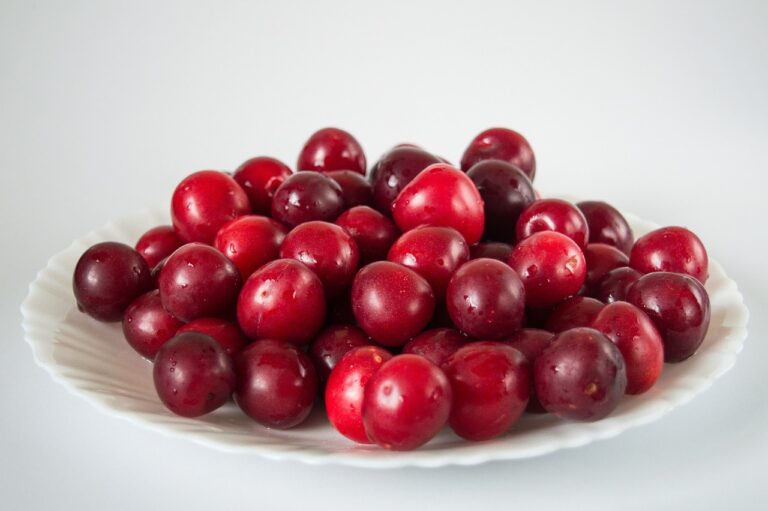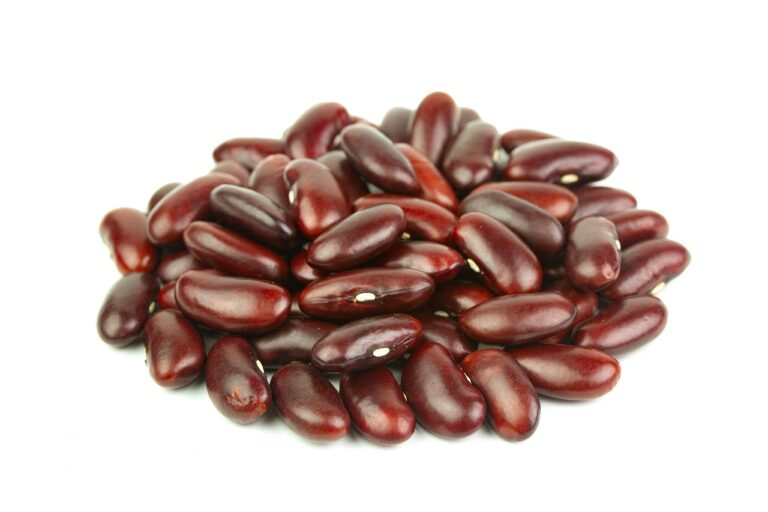Biotechnology Solutions for Managing Agricultural Pests: World 7.com, Mahadev book login id and password, Silver exchange demo id
world 7.com, mahadev book login id and password, silver exchange demo id: Biotechnology Solutions for Managing Agricultural Pests
Are you tired of battling pesky pests that wreak havoc on your crops? Biotechnology offers innovative solutions to help farmers effectively manage agricultural pests and protect their yields. By harnessing the power of genetic engineering and biotechnology, farmers can reduce reliance on chemical pesticides, minimize crop damage, and promote sustainable agricultural practices.
Benefits of Biotechnology in Pest Management
1. Increased Pest Resistance
Biotechnology allows scientists to develop crops that are genetically modified to resist pests. By incorporating genes from naturally pest-resistant plants or bacteria, crops can defend themselves against common pests without the need for chemical pesticides. This not only reduces the environmental impact of agriculture but also saves farmers time and money spent on pest control.
2. Targeted Pest Control
Biotechnology enables the development of genetically modified crops that produce toxins harmful to specific pests. These toxins are harmless to beneficial insects, wildlife, and humans, making them a safer alternative to broad-spectrum chemical pesticides. By targeting only the pests that pose a threat to crops, farmers can minimize collateral damage to the ecosystem.
3. Reduced Pesticide Use
By cultivating pest-resistant crops, farmers can significantly reduce their reliance on chemical pesticides. This not only decreases the risk of pesticide exposure to humans and wildlife but also preserves soil health and promotes biodiversity in agricultural landscapes. Biotechnology offers a sustainable pest management solution that supports long-term agricultural productivity.
4. Enhanced Crop Yields
By protecting crops from pest damage, biotechnology helps farmers achieve higher yields and improve crop quality. Pest-resistant crops are less vulnerable to loss from pest infestations, drought, and other environmental stressors, ensuring a more reliable food supply and economic stability for farmers. Biotechnology plays a crucial role in ensuring food security and agricultural sustainability.
Challenges and Controversies
1. Regulatory Hurdles
The use of genetically modified organisms (GMOs) in agriculture is subject to rigorous regulatory scrutiny and public debate. Critics raise concerns about the potential environmental and health risks associated with GMOs, leading to stringent regulations that restrict their commercialization and adoption by farmers. Overcoming regulatory hurdles is essential to realizing the full potential of biotechnology in pest management.
2. Public Perception
Public attitudes towards biotechnology in agriculture vary widely, with some people embracing its potential benefits and others expressing skepticism or outright opposition. Addressing public concerns through transparent communication, scientific evidence, and stakeholder engagement is crucial to building trust and fostering acceptance of biotechnological solutions for pest management.
FAQs
Q: Are genetically modified crops safe for human consumption?
A: Numerous scientific studies have confirmed the safety of genetically modified crops for human consumption. Regulatory agencies worldwide assess the safety of GMOs before their approval for commercial use, ensuring they meet rigorous health and environmental standards.
Q: Do genetically modified crops harm the environment?
A: Biotech crops have been shown to reduce the environmental impact of agriculture by decreasing pesticide use, conserving soil health, and promoting sustainable farming practices. However, it is essential to consider the potential long-term effects of GMOs on ecosystem dynamics and biodiversity.
Q: Can biotechnology replace traditional pest management practices?
A: Biotechnology offers valuable tools for integrated pest management, but it is not a standalone solution. Combining biotechnological approaches with cultural, biological, and mechanical pest control methods can optimize pest management strategies and reduce reliance on chemical pesticides.
In conclusion, biotechnology holds immense promise for revolutionizing pest management in agriculture and promoting sustainable farming practices. By leveraging the power of genetic engineering, farmers can effectively combat pests, protect their crops, and contribute to a more resilient and productive agricultural system. Embracing biotechnological solutions is key to overcoming the challenges posed by agricultural pests and safeguarding global food security for future generations.







